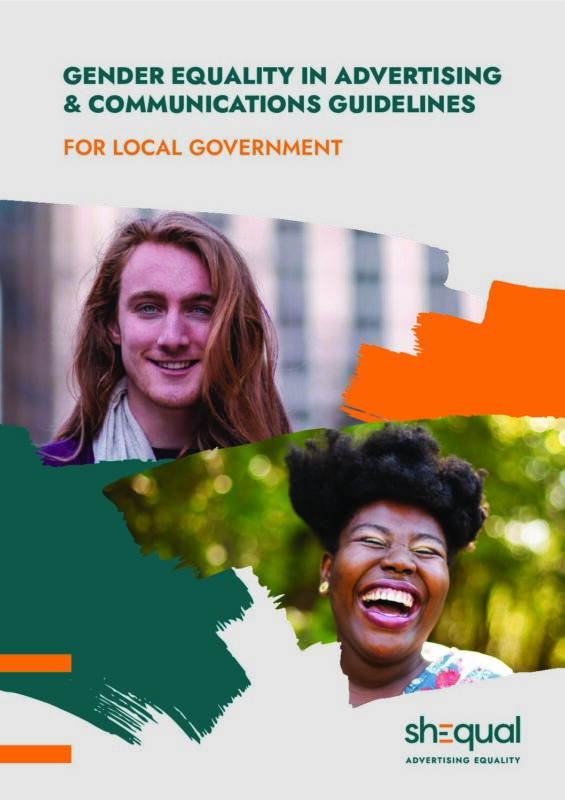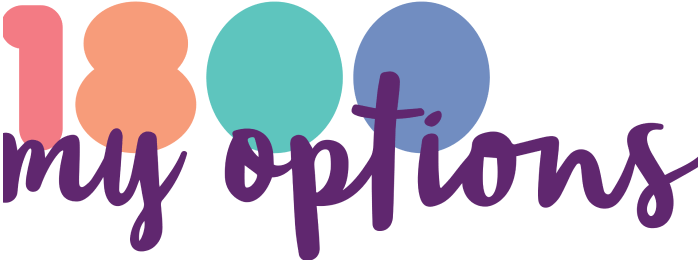Developed with input from 33 local governments across Victoria, this resource lays out six principles for local government to achieve gender equality in every aspect of marketing, communications, and advertising campaigns.
Each principle has clear actions to improve the way women and girls and people of all genders are represented in communications.
shEqual and its partners call on all local governments to apply these guidelines and build gender equality and prevention of violence across all areas of work and communications for a healthier and more equal community and workplace.
For more information about shEqual, visit shequal.com.au
City of Melbourne, Women's Health Victoria, Spry PR & Communications (2022) Gender equality in advertising and communications: guidelines for local government. Women's Health Victoria. Melbourne.





